The NSW curriculum is organised in seven stages of learning.
Kindergarten to Year 6 (K–6) includes four stages of learning.
- Early Stage 1–Kindergarten
- Stage 1–Year 1 and Year 2
- Stage 2–Year 3 and Year 4
- Stage 3–Year 5 and Year 6
Arabic
At Al Zahra College, we recognise the important status of the Arabic language as a fundamental part of students’ rich cultural and religious identities. We appreciate the role of Arabic in allowing our students to realize their full potential. At Al Zahra College, our aim is foster in our students a love for the Arabic language and culture, and to develop both academic and social skills in the language. The skills of listening, speaking, reading and writing are taught and developed through the study of a wide range of skills in speaking, reading, writing and listening to Modern Standard Arabic. Arabic is a part of the regular school day at Al Zahra College.
Islamic Studies
The Al Zahra College Islamic Studies program is based on the teachings of the Shia Jaafari Ithna Ashari denomination. The College’s ethos is based on strong Islamic principles, within a nurturing Islamic school environment. Students are taught a structured Islamic studies curriculum that is comprised of: Quranic Studies, Islamic History, Islamic Theology, and Ethics. The College community also celebrates the various religious events throughout the year. The programme aims to nurture students’ beliefs, values, behaviour, feelings and attitudes to develop within them, a sound moral and ethical compass, that will enable them to positively and actively contribute as global citizens to a more peaceful world.
Assessment in the PYP
The purposes of assessment are to:
- promote student learning
- provide information about student learning
- contribute to the successful implementation of the programme.
Through assessment, the IB helps schools teaching the Primary Years Programme (PYP) to identify what students know, understand, can do and value at different stages in the teaching and learning process.
In the PYP, learning is viewed as a continuous journey, where teachers identify students’ needs and use assessment data to plan the next stage of their learning.
Teachers use a wide range of assessment strategies to collect information on each of the elements represented in the written curriculum: the understanding of concepts, the acquisition of knowledge, the mastering of skills, the development of positive attitudes and the ability to take responsible action. (ibo.org)
How will my child be assessed at RPPS? Assessment at RPPS is authentic and rigorous, incorporating students in the evaluative process. Teachers and students use a number of tools and strategies to encourage valuable and engaging teacher, peer and self-evaluation. This guides planning and instruction so that we can support and enhance student learning. The prime objective of assessment in the PYP is to provide feedback on the learning process. The PYP approach to assessment recognises the importance of accessing the process of inquiry as well as the product(s) through a variety of formative and summative assessment strategies.
- Formative assessment is directly linked to teaching and provides information that is used to the plan the next stage of learning. Part of formative assessment is providing regular, relevant and honest feedback.
- Summative assessment aims to give teachers and students clear insight into students’ understanding and achievement.
